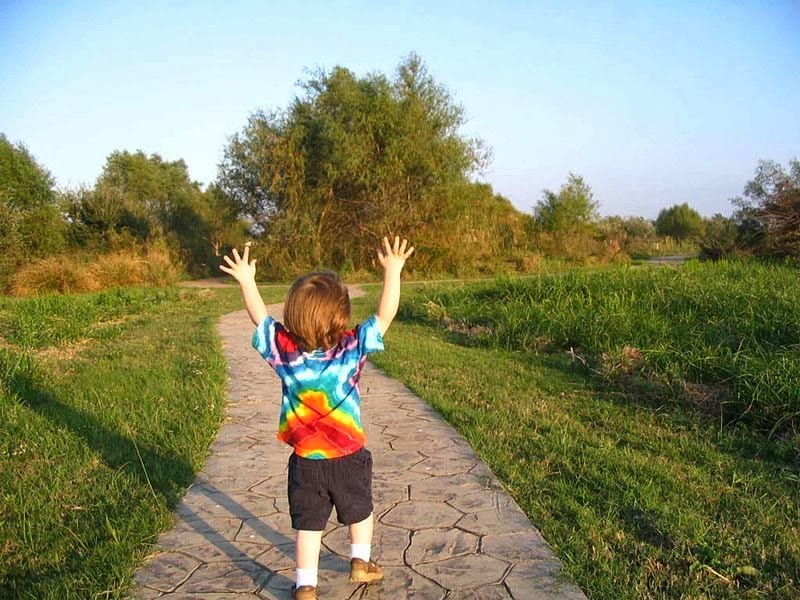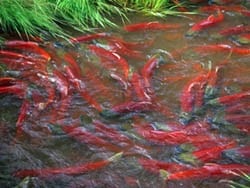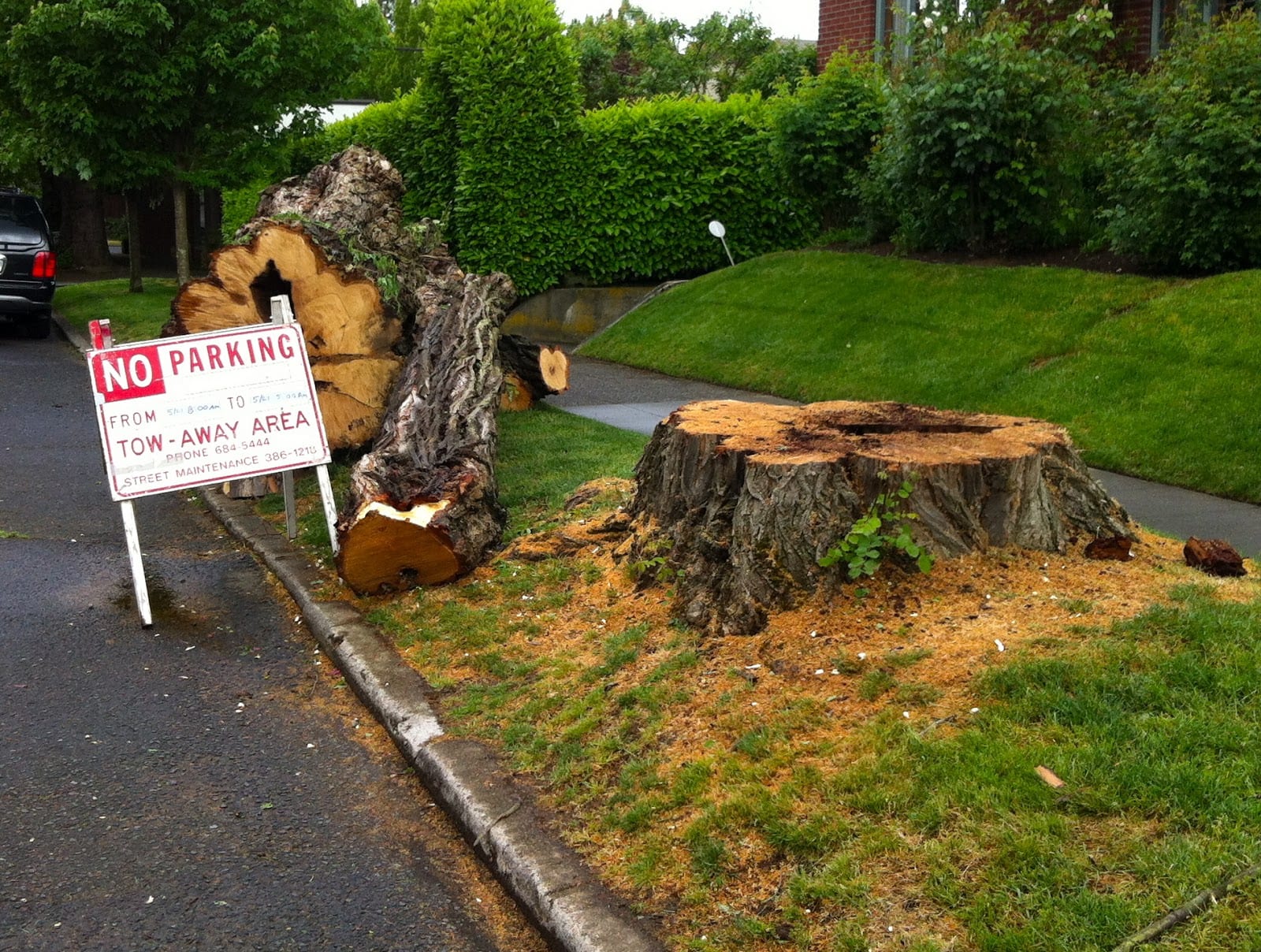“In a culture of deep scarcity – of never feeling safe, certain, and sure enough – joy can feel like a setup.” Brene Brown in Daring Greatly

I lived those words for most of my life. Every time I found myself knee-deep in joy I fantasized about when someone would come pull the plug and it would all drain away. When the girls were two and four, Bubba was traveling more often than not, struggling with an undiagnosed illness that left him hospitalized every few months, and I was scared. I was wracked with stomach cramps and sinking deeper and deeper into depression with every passing day and I somehow felt right at home. While I couldn’t accurately predict what any one day would bring, dealing with crisis after crisis kept me busy and feeling competent. I could put out fires all day long and, while I was exhausted at night, dealing with one fire meant that I didn’t have to worry when or where the next one would flare up. If a day passed without anything falling apart, my nerves were stretched taut as I waited, hypervigilant, scanning the landscape for the slightest new flame. I expected danger. I anticipated fear. I did what most of Brene’s research subjects talked about; I lived in fear so that when something awful happened, I was already in the trench and wouldn’t have to feel the pain of falling or climbing back down. It was easier to stay in the dark than to suffer the loss of light.
Or so I thought.
These days I expect joy. Despite a very challenging summer and early fall, struggling with a major construction project that is two months behind schedule, one pet’s death and a cancer diagnosis for another, and a very close call with one of our daughters, I have somehow managed to stay positive. Instead of waking up each morning in trepidation, worried about what this day may bring, I open my eyes and seek the light.
In Daring Greatly, Brown writes about gratitude being the antidote to fear of joy. She says that people who practice counting their blessings aren’t afraid to feel joy like so many others. I believe that wholeheartedly and credit my own daily gratitude practice with helping change my perspective on life, but I think there is another step beyond gratitude that is even more powerful. If the spectrum starts on the left at fear of joy (or, as Brown says it, “foreboding joy” – that feeling of waiting for the other shoe to drop the second you realize you are happy beyond measure), gratitude is nearing the other end, but I say that the far right end of the spectrum is expecting joy.
I wake up every day expecting joy. Knowing that no matter what challenge or sadness I may face today, there will also be joy. Something will happen today that will bring me pure happiness. This is probably the single biggest thing ever to happen to me.
“Do we deserve our joy, given our inadequacies and imperfections? What about the starving children and the war-ravaged world? Who are we to be joyful?” Brene Brown, Daring Greatly
Indeed. Who am I? Why do I deserve to be joyful? I used to ask myself this question, and then, at one point, a friend pointed out to me that I certainly deserved it, given the struggles I have had in my life – from a difficult childhood to my husband’s prolonged illness and beyond. I calculated up the traumas I have faced and had to agree with her that I probably did ‘deserve’ joy on some level. But this entire notion of deserving joy is something I am patently uncomfortable with. For one thing, as a mother, I don’t want my children to have to EARN their joy by enduring hardship, or worry that if they do live joyful lives, they will one day have to pay for it with trauma and unhappiness.
The fact is, there isn’t some High Priestess of Joy doling out happiness according to a balance sheet she’s been given about who deserves what. Joy is out there in the world. We simply have to train ourselves to recognize it, acknowledge it, expect it. Joy coexists with sadness, it doesn’t cancel it out. When I look at my sweet puppy boy lying on his bed, feet twitching as he dreams, I feel a tenderness and an outpouring of love for him and the relationship we have and that love sits side-by-side with the knowledge that he has malignant melanoma and will die sooner than I want him to. The joy and gratitude I feel at having been so lucky to have him in my life are deepened and enhanced by the knowledge that one day soon he will not be here anymore.
We humans like things to even out. We love balance, but we also like to be ready for disaster. The irony is, as we use our energy to prepare for calamity, we rarely prepare for joy. We walk around searching for potholes to avoid, ready to duck if something comes flying, but very few of us spend any time practicing opening ourselves to receive or recognize opportunities for joy. We are creating our own imbalance. I have decided to turn that on its head and, instead, wake up every morning expecting joy, believing that, if nothing else, today I will discover at least one thing that will stop me in my tracks with wonder and awe.










